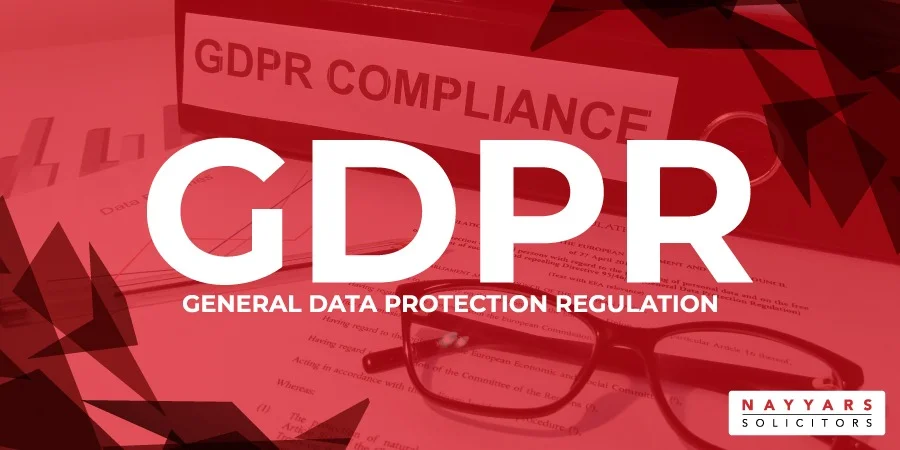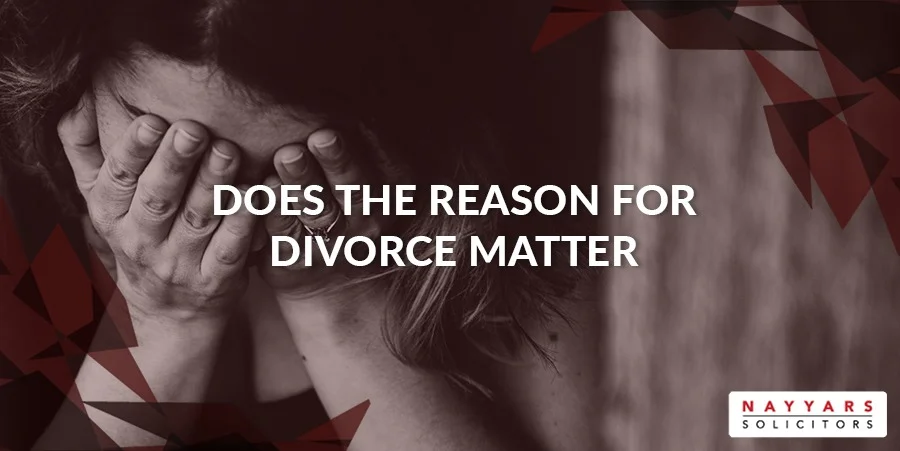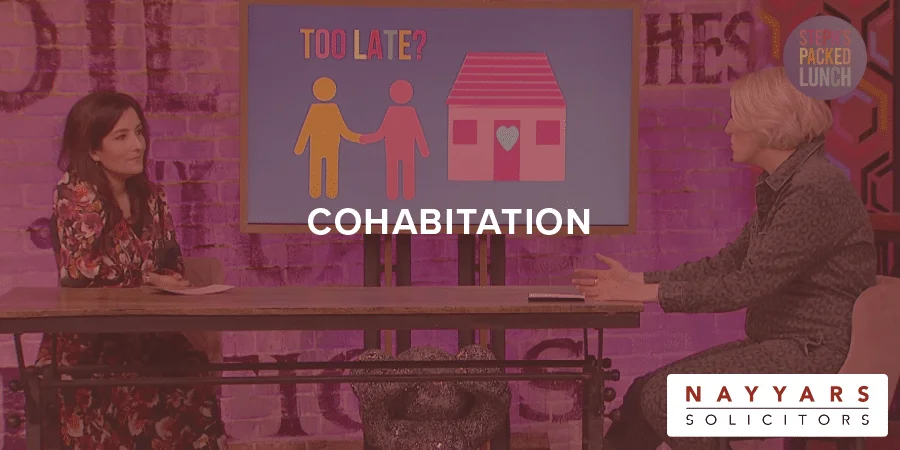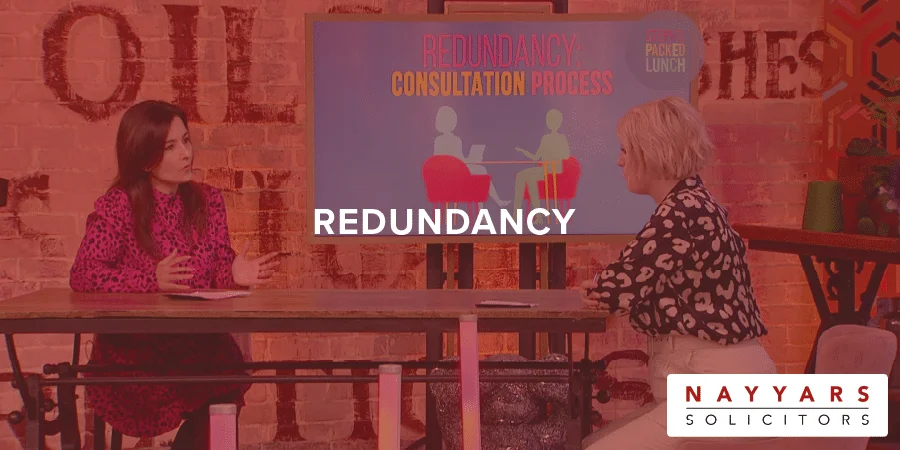Can You Claim Compensation for Being Attacked?
If you have been attacked then you may be able to claim compensation for the damage and stress caused. This can be an important step in moving past the event and continuing with your life as before.
However, when it comes to what you can claim for and who you can claim from, the options are not always clear. That is why we have collated details of the choices you have when it comes to claiming compensation after being attacked.
Before we look at your options, though, it is important to note that the specifics of your attack will have great bearing on how you should attempt to claim compensation. For that reason, if you have been attacked and think you may be owed compensation ensure you speak to a solicitor as soon as possible.
So, what are your options?
Court-Awarded Compensation

If you have been attacked your first step should be to contact the police. This could result in the identification of your attacker and their subsequent prosecution.
Where someone is convicted of a crime against you, the court can order them to pay compensation to you. This could be for:
- Personal injury
- Losses from theft
- Losses from damage to property
- Losses from fraud
- Being unable to work
- Medical Expenses
- Other expenses, such as travel or equipment, as a result of the crime
- Ongoing pain and suffering
However, there is no guarantee that the court will order compensation. Therefore, you should ensure that you tell the police that you want the court to consider ordering compensation. They can then pass the message onto the Crown Prosecution Service, who can make the request.
If you are awarded compensation, you should not expect to receive it all straight away. Defendants usually have the option to pay in instalments, which goes to the court. The court then passes the compensation on to you.
Compensation is also usually influenced by what the defendant can actually afford to pay. That way, the court does not have to chase money that the defendant will never be able to pay. As a result, you may find compensation does not cover the cost of your damages. If this is the case, you should speak to a solicitor about what other options you have.
Civil Claims for Assault

If you know the name of the defendant who attacked you it may be possible to bring a civil claim against them directly or, in some cases, their employer.
Whether you are able to bring a claim against them will depend on a couple of factors. Firstly, does the defendant have enough assets to pay you compensation if your claim is successful? As hard as it may be to hear, if your attacker does not have enough assets, then pursuing a civil claim may not be worthwhile, as they will not be able to pay.
Secondly, was the attacker acting in the course of his employment? If so, then you may be able to bring a claim against the employer or the employer’s insurance. A good example would be if you were attacked by a bouncer at a club while on a night out.
If you can make a civil claim then it may be a good option, as you are likely to receive a larger amount of compensation. Of course, as with any civil case, you are likely to incur large legal costs and while you may not have to pay these if you win, there is always the risk that you will lose.
When pursuing a civil case, the most difficult element is demonstrating the losses you have incurred. In other words, what has the attack cost you? Therefore, if you are considering a civil claim, it is imperative that you start gathering evidence of your damages. That means keeping hold of receipts for costs you have incurred, such as medical expenses.
Criminal Injuries Compensation Authority

One of the best avenues for claiming compensation after being attacked is via the Criminal Injuries Compensation Authority (CICA). The great advantage of CICA is that your attacker does not need to have been convicted in order to claim. In fact, you do not even need to know who your attacker is.
Instead, you only need to ensure you are eligible to make a claim. This eligibility criteria requires one or more of the following to apply to your case:
- You were the direct victim of a violent crime
- You were injured while taking an exceptional and justified risk
- You witnessed or was present at the immediate aftermath of an incident that occurred to someone else
- You suffered bereavement as a result of a crime of violence
- The incident occurred in England, Wales, Scotland, or another ‘relevant place’
Furthermore, you will need to have reported the attack to the police and cooperated with them in their investigation. Finally, in order to make a CICA claim, you need to have not behaved in a way that contributed to the attack, and therefore, your injuries.
Like a civil case, you will also need to provide extensive evidence as to the extent of your injuries. CICA will not gather this information for you, so the burden to prove the damages you have incurred rests on your shoulders.
This can be a time-consuming and complex process, which is perhaps one of the reasons many people elect to use a specialist solicitor to take their claim forward on their behalf. If your claim is successful, you can expect to receive anything from £1,000 to £500,000, depending on the extent of your injuries.
However, one of the drawbacks of a CICA claim is the time limit. Unlike a civil case, you need to make a CICA claim within two years from your attack. While this may seem like a long time, it is not when you consider the amount of evidence that needs to be gathered.
Think You are Owed Compensation?
When it comes to the question of whether you can claim compensation for being attacked, the answer is yes. Whether it is awarded as a result of a criminal conviction, civil claim or CICA claim, you can recover your losses.
Of course, the best option for you will depend on the facts of your case. That is why, if you think you are owed compensation, you should speak to an expert solicitor as soon as possible.
At Nayyars Solicitors, we have helped countless victims of assault or other crimes receive the compensation they are owed. Get in touch today to learn more about how you can receive compensation and how we can help.




















